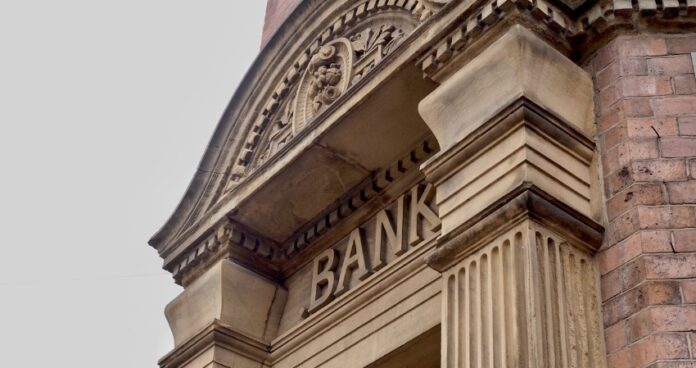Bank deposits reached Rs 27.5 trillion in January, marking a 21% rise from the previous year, as reported by the State Bank of Pakistan.
There has been a significant rise in bank savings as remittances from workers abroad increase and the nation experiences historically high interest rates.
Despite a slight decrease of 1.1% from the previous month, this growth reflects a broader trend influenced by several factors.
Analysts said that these factors include attractive returns due to stringent monetary policies, expanded bank branch networks, and improved remittance inflows from the Pakistani diaspora.
The SBP raised its benchmark interest rate by 15 percentage points to an unprecedented 22% since September 2021, in response to rising inflation. This rate, maintained since June 2023, is among the highest for major emerging markets.
A notable decline in the currency-to-deposit ratio has been observed, attributed to the robust increase in bank deposits and a reduction in circulating currency. January saw a 26.2% year-on-year increase in remittances, amounting to $2.4 billion.
Investments by banks have also seen significant growth, with a 32.7% increase to Rs25.603 trillion in January 2024 from the previous year, and a 1.3% month-on-month increase.
However, bank advances have grown modestly by 3.7% to Rs12.095 trillion, with a monthly decrease of 2.1%.
The reluctance of businesses and consumers to take on new loans, alongside high public-sector borrowing, has limited the availability of bank funds for the private sector.
The preference of banks for risk-free government securities over lending to the private sector is attributed to the economic slowdown and higher interest rates.
The investment-to-deposit ratio of banks jumped to 93% in January from 85% a year earlier, while the advance-to-deposit ratio dropped to 44% from 51%.
The International Monetary Fund’s (IMF) recent country report highlights an increase in banks’ sovereign exposure, emphasizing the decrease in private-sector credit.




